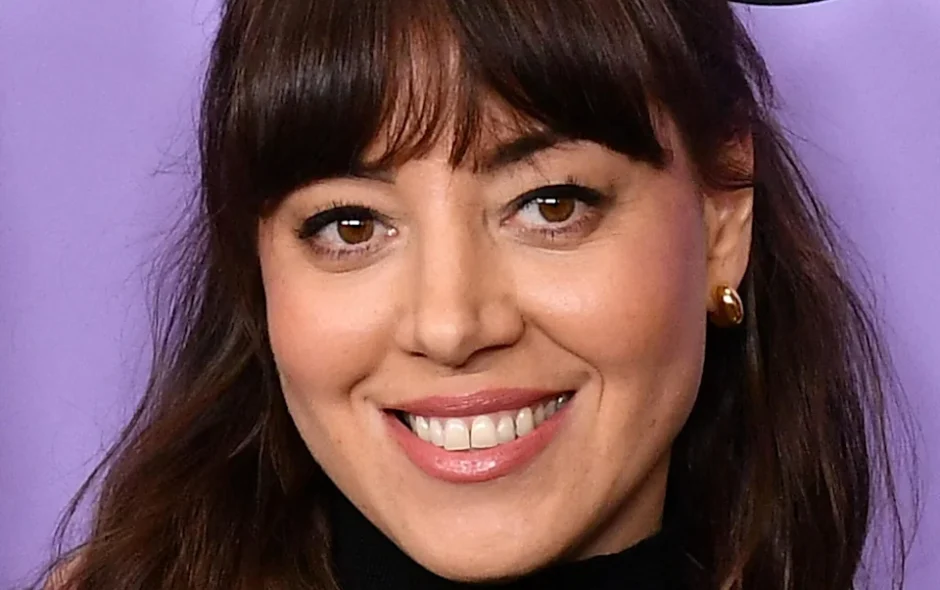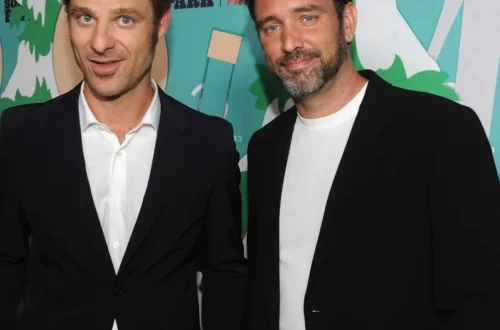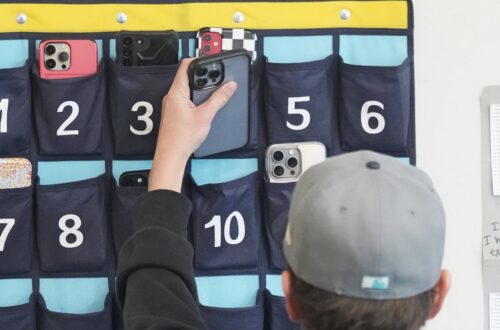Aubrey Plaza is known for her sharp wit and singular comic timing, but in a recent podcast appearance with longtime collaborator Amy Poehler, she revealed a more vulnerable side. The actress, whose deadpan delivery on Parks and Recreation made her a fan favorite, spoke candidly about the ways grief has shaped her life and how sharing those experiences has unexpectedly connected her with fans facing similar struggles.
Plaza did not shy away from acknowledging how difficult it can be to speak about loss, especially in a culture that often avoids it. Yet sitting across from Poehler, someone she has worked with for years and clearly trusts, she opened up about the private challenges that accompany grief and how she has been navigating them. “It’s not something you ever get over,” Plaza said during the conversation. “It just becomes part of who you are, and you learn to live alongside it.”
What struck listeners was not only her honesty but also the way she framed grief as a shared experience rather than a solitary burden. She described how fans have reached out to her over the years, sharing their own stories of losing loved ones. “When people come up to me and tell me what they’ve gone through, I don’t always know what to say,” she admitted. “But I understand it, and there’s a kind of comfort in just knowing you’re not the only one.”
Plaza’s words resonated with many because they reflected the awkward, unpolished reality of mourning. She admitted that grief can surface in unpredictable ways, such as a sudden memory or an ordinary moment that becomes overwhelming. Rather than offering easy answers, she emphasized the importance of allowing those emotions to exist. The openness of the conversation underscored how healing can take many forms and often defies tidy explanations.
Amy Poehler, who has often served as both collaborator and mentor to Plaza, guided the discussion with warmth, occasionally bringing in anecdotes from their time working together on Parks and Recreation. Their easy rapport gave the exchange a sense of intimacy, as though listeners were being invited into a private conversation between two friends. Poehler noted that Plaza’s willingness to talk publicly about grief was in itself a form of connection, helping others feel less isolated in their own experiences.
For Plaza, the decision to speak openly has also been personally meaningful. She acknowledged that in her earlier years as a performer she tended to avoid discussing private matters, preferring instead to let her work stand on its own. But over time, she has come to see that opening up about loss does not diminish her public persona but rather enriches it, allowing people to see her not only as an actress but as someone who has faced challenges similar to their own.
The response from fans has been striking. Many have shared that hearing Plaza articulate her feelings helped them better understand their own. Social media posts following the podcast included messages of gratitude, with listeners noting that her words brought them comfort during moments when they felt most alone. Some described the episode as a rare reminder that grief is not something to hide but something that can be acknowledged and even shared.
Plaza’s conversation with Poehler highlights the evolving role public figures can play in discussions around mental and emotional health. By speaking in unguarded terms about her own experiences, she is part of a broader cultural shift in which celebrities and artists are increasingly seen not only as entertainers but also as participants in larger conversations about life’s challenges. For fans, the impact is profound: to hear someone they admire talk openly about something as universal as loss creates a bridge between performer and audience that goes beyond the screen.
While Plaza has built a career on roles that showcase her sardonic humor and offbeat charisma, her willingness to engage with subjects such as grief shows a depth that audiences have long suspected but not often seen so directly. In doing so, she has given fans permission to confront their own feelings more openly, a gift that extends well beyond the boundaries of comedy or performance.




